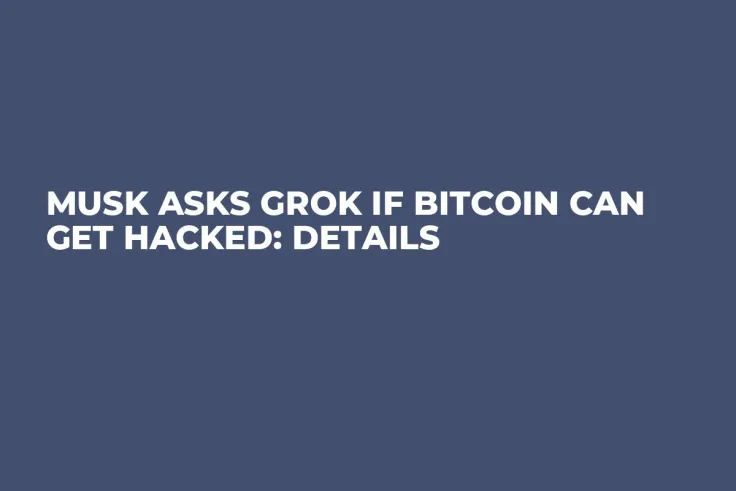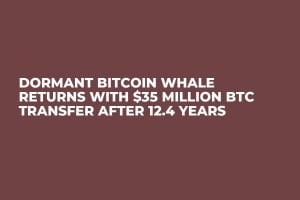Elon Musk, the richest person on the planet, is seemingly concerned about the security of Bitcoin's cryptographic security.
He recently took on X to ask Grok, the artificial intelligence chatbot embedded in the social media network, to estimate the probability of Bitcoin's SHA-256 hashing algorithm getting cracked by quantum computing.
This came in response to tech giant IBM sharing its ambitious quantum-focused roadmap. By 2033, the company plans to release Blue Jay, an extremely complex system with 2,000 global qubits that will be able to manage tasks with more than a billion gate operations.
What Grok has to say
As reported by U.Today, some major quantum computing announcements from Google (Willow) and Microsoft (Majorana 1) prompted some concerns about the long-term viability of the leading cryptocurrency.
According to Grok, the probability of quantum computing cracking Bitcoin encryption will remain close to zero for the next five years, based on various assessments from experts.
The probability of Bitcoin's hashing algorithm getting cracked by 2035 is less than 10%. The AI has concluded that Bitcoin's hashing remains secure "for now."
Existing systems have only 1,000 noisy qubits, which is far below the millions of error-corrected qubits that would be needed for cracking Bitcoin.
Grok has also added that SHA-3 or SHA-512 could potentially replace SHA-256 in the future.
Tesla's Bitcoin holdings
E-car manufacturer Tesla currently holds 11,509 Bitcoins, which are worth $1.31 billion. SpaceX, Musk's space technology company, holds roughly $850 million.
The centibillionaire previously confirmed that he holds Bitcoin as well.



 Dan Burgin
Dan Burgin Vladislav Sopov
Vladislav Sopov